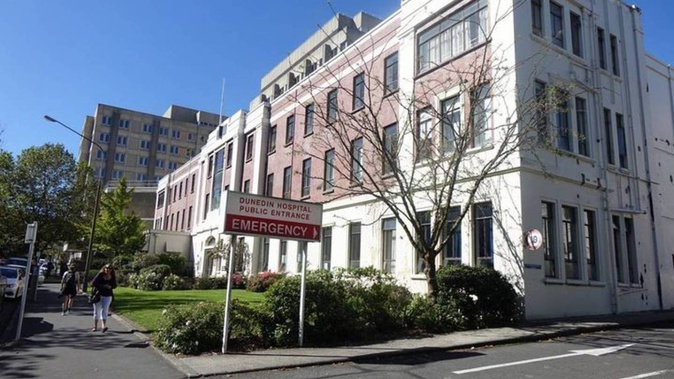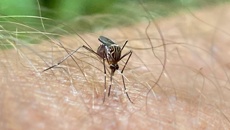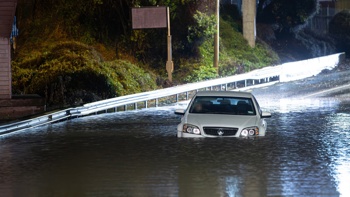
Two of the Otago Polytechnic student nurses called in to help at the chronically short-staffed Dunedin Hospital last month were asked to do a suicide watch on a patient.
On the weekend of July 23-24, staff vacancies, winter illness and Covid-19 restrictions meant Dunedin Hospital was so short of staff that a mixture of second and third-year students, as well as two enrolled nurses awaiting registration, were called in to work a total of 27 shifts.
Te Whatu Ora Health New Zealand — Southern (HNZS) said it was a one-off situation and the students were assisted by on-duty nurses and healthcare assistants.
The incident prompted National health spokesman Shane Reti to ask Health Minister Andrew Little several written parliamentary questions, which revealed that on July 24 two student nurses were on a night shift where one of the patients was on suicide watch.
Dr Reti said inexperienced nurses should not have been asked to do something as important as that.
"It is not trivial to be on suicide watch at all ... that just made the whole thing even less palatable to me.
"I am very surprised that they were given that level of responsibility."
Life Matters Suicide Prevention Trust founder Corinda Taylor said having student nurses doing a suicide watch was not ideal, but it was better than not having anyone watching a vulnerable patient at all.
"As long as somebody is watching the person it's better than nobody watching the person," Taylor said.
"But was the student nurse given proper training? That's what should be asked."
- Aged Care Assn: Govt has missed an opportunity to address nurse shortage
- Nurses' union: Unethical to rely on migrant workers to fix staff shortages
A qualified professional doing a suicide watch was trained to spot verbal or body language clues about how the person was, Taylor said.
"I don't know the circumstances of this case but I would always advocate for good training, especially when it comes to something that could mean life or death."
Little also advised that 21 student nurses from Otago Polytechnic School of Nursing were called on to work on July 23-24 to help provide patient watch work at Dunedin Hospital.
"No other districts have recently reported doing this."
The students were called upon in such a scramble that HNZS was unable to register them on its payroll.
HNZS recompensed the students with $200 grocery vouchers rather than pay them.
Dr Reti questioned why students were being asked to work in this way, and when the Government decided to pay people in vouchers for a day's work.
The New Zealand Nurses' Organisation strongly condemned HNZS for calling in the student nurses, saying the trainees had been placed at unacceptable risk, that they had little idea what the watch work involved, and that most were unlikely to have been in a hospital ward before.
One of the young nurses was reprimanded for a social media post in which she chronicled events on her shift, which included being struck by a patient and nearly being brought to tears several times.
Take your Radio, Podcasts and Music with you









